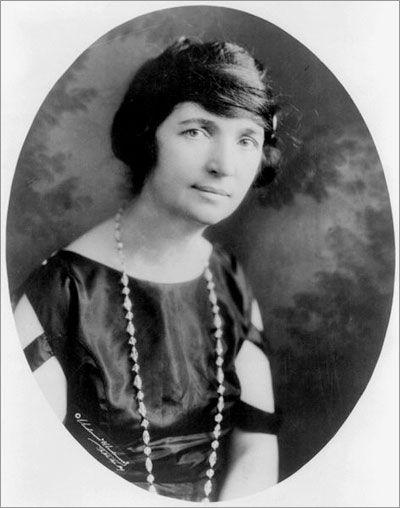This is your morning Open Thread. Pour your favorite beverage and review the past and comment on the future.
This Day in History: October 16 October 16 is the 289th day of the year (290th in leap years) in the Gregorian calendar. There are 76 days remaining until the end of the year.

On this day in 1916, Margaret Sanger opened a family planning and birth control clinic at 46 Amboy St. in the Brownsville neighborhood of Brooklyn, the first of its kind in the United States. It was raided 9 days later by the police. She served 30 days in prison. An initial appeal was rejected but in 1918 an opinion written by Judge Frederick E. Crane of the New York Court of Appeals allowed doctors to prescribe contraception.
This was the beginning of Planned Parenthood Federation of America. Sanger founded the American Birth Control League in 1921, which changed its name to Planned Parenthood Federation of America, Inc. in 1942. Since then, it has grown to 850 clinic locations in the United States, with a total budget of approximately US$1 billion, and provides an array of services to over three million people.Dealing with sexuality, the organization is often a center of controversy in the United States. The organization’s status as the country’s leading provider of surgical abortions has put it in the forefront of national debate over the issue. Planned Parenthood has also been a party in numerous Supreme Court cases.
In scanning through the articles on Margaret Sanger, I found this bit of trivia quite amusing
In 1926, Sanger gave a lecture on birth control to the women’s auxiliary of the Ku Klux Klan in Silver Lake, New Jersey. She described it as “one of the weirdest experiences I had in lecturing,” and added that she had to use only “the most elementary terms, as though I were trying to make children understand.” Sanger’s talk was well-received by the group and as a result “a dozen invitations to similar groups were proffered.”


Recent Comments